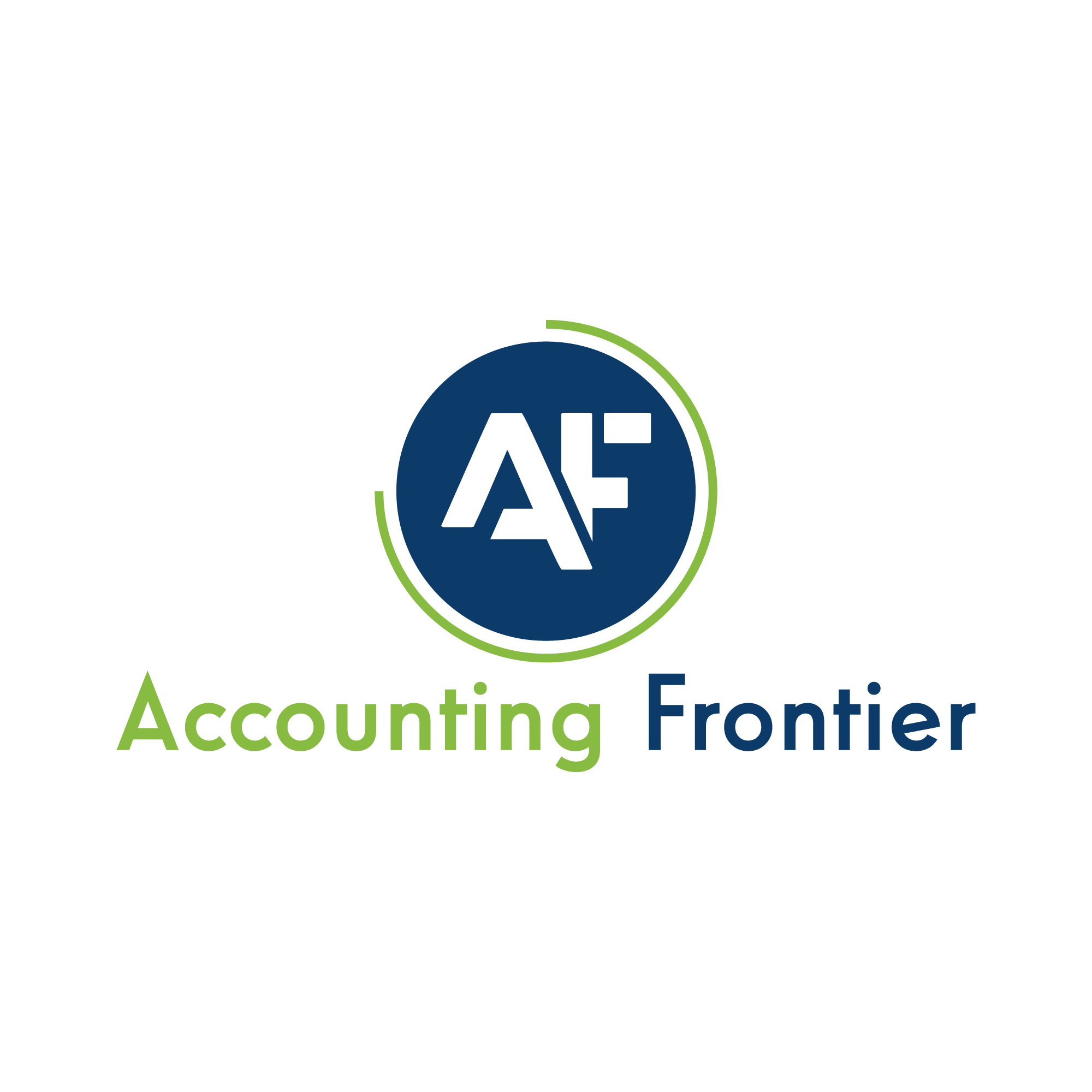Remember the days of handwritten ledgers and manual calculations? Accounting has definitely come a long way since then. The introduction of computers and digital spreadsheets fundamentally transformed how accountants manage data. Today, automation is the latest industry disruptor, bringing with it a suite of tools designed to streamline and enhance accounting processes.
But automation in accounting isn't just a passing trend—it’s a major shift that's reshaping the landscape of financial management. By cutting down on manual input and boosting accuracy, automated systems make it easier to handle large volumes of data. This frees up accountants like us to provide even greater value to our clients and help you make smarter business decisions.
Key Benefits of Implementing Accounting Automation
One of the biggest perks of accounting automation is how much it boosts efficiency. Automated systems can handle transactions and whip up reports way faster than we can—freeing up your time. Plus, automation lets you dive into richer and more timely financial analysis, which can ultimately help you spot trends quicker and make smarter strategic decisions.
Accuracy is another huge win. With automated systems, human error becomes a non-issue, ensuring your financial records are reliable. This precision is important—not just for staying compliant, but also for making informed decisions that drive your business forward.
And let’s not forget about data security. Modern automated accounting systems come equipped with advanced encryption and robust security protocols that help to keep your sensitive information safe.
Popular Tools and Technologies in Accounting Automation
When it comes to accounting automation, there are some standout tools and technologies that everyone’s talking about. Programs like QuickBooks, Xero, and FreshBooks are fan favorites because they offer comprehensive features that cover everything from invoicing to payroll management. These platforms often act as the hub in what we like to call the "wagon wheel," where other apps connect to the main accounting software to enhance functionality and integration.
Cloud-based platforms are also making waves because they you the flexibility to access your financial data from anywhere, anytime. These systems come packed with features like real-time collaboration, automated backups, and easy integration with other business applications.
For larger companies, solutions like Intacct or NetSuite have become extremely popular due to their advanced ability to connect a variety of specialized apps, including:
- BILL and QBO Bill Pay for bill automation
- Fyle, Expensify, Emburse, and Bill Spend for managing credit card receipts
- Shopify and Big Commerce for your shopping carts and inventory management systems
- HubSpot for CRM and client management
- Harvest and QB Time for tracking time
- and Zapier for intermediary connections and automations.
Overcoming Challenges in Transitioning to Automated Systems
Of course, switching to automated accounting systems isn’t always a walk in the park. One of the main hurdles is the initial cost of getting everything up and running.
But here’s the thing: the long-term benefits usually far outweigh those upfront expenses.
As accounting roles shift from data entry to system management, it’s important that your team understands how different systems interact and how to present your financials accurately. This means making sure that inventory are correctly expensed in QuickBooks Online (QBO), balance sheets are accurate across prepayments, client deposits, accounts receivable, and accounts payable, plus ensuring that your Profit & Loss statement is structured for the best possible analysis.
Another common challenge is the learning curve that comes with new software. Your team might need some training to get comfortable with the automated systems. Investing in proper training programs can make this transition smoother and help everyone get up to speed faster.
Data migration is also a critical piece of the puzzle. Moving all your existing data accurately to the new system is important for keeping things running smoothly and maintaining accuracy. Partnering with consultants can make this complex process much easier, too. These experts can make sure your books stay accurate and your financial statements reflect your business’s performance.
Future Trends: What to Expect in Accounting Automation
The future of accounting automation looks promising, with several trends poised to shape the industry. Artificial Intelligence (AI) and Machine Learning (ML) are expected to play a significant role, as they'll enable more predictive analytics and smarter decision-making. We expect that AI will continue to drive the shift from data entry to system management, which will give accountants the opportunity to adopt new technologies to better assist clients.
Blockchain technology is another trend to watch. It offers the potential for more transparent and secure transactions, which could revolutionize how financial data is recorded and verified. Plus, the integration of Internet of Things (IoT) with accounting systems could provide real-time data from various sources—enhancing the accuracy and timeliness of financial information even more.
We also expect that advisory services will become an even more important component of accounting practices. As automation handles more routine tasks, accountants—including us, here at Accounting Frontier—will be able to focus more on making sense of the numbers for our clients, providing comprehensive support, interpret their financial data, and help them make better decisions.


